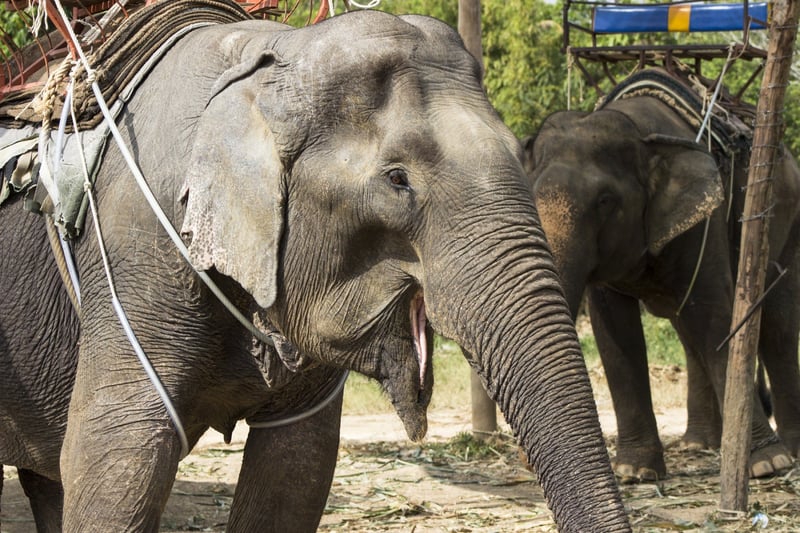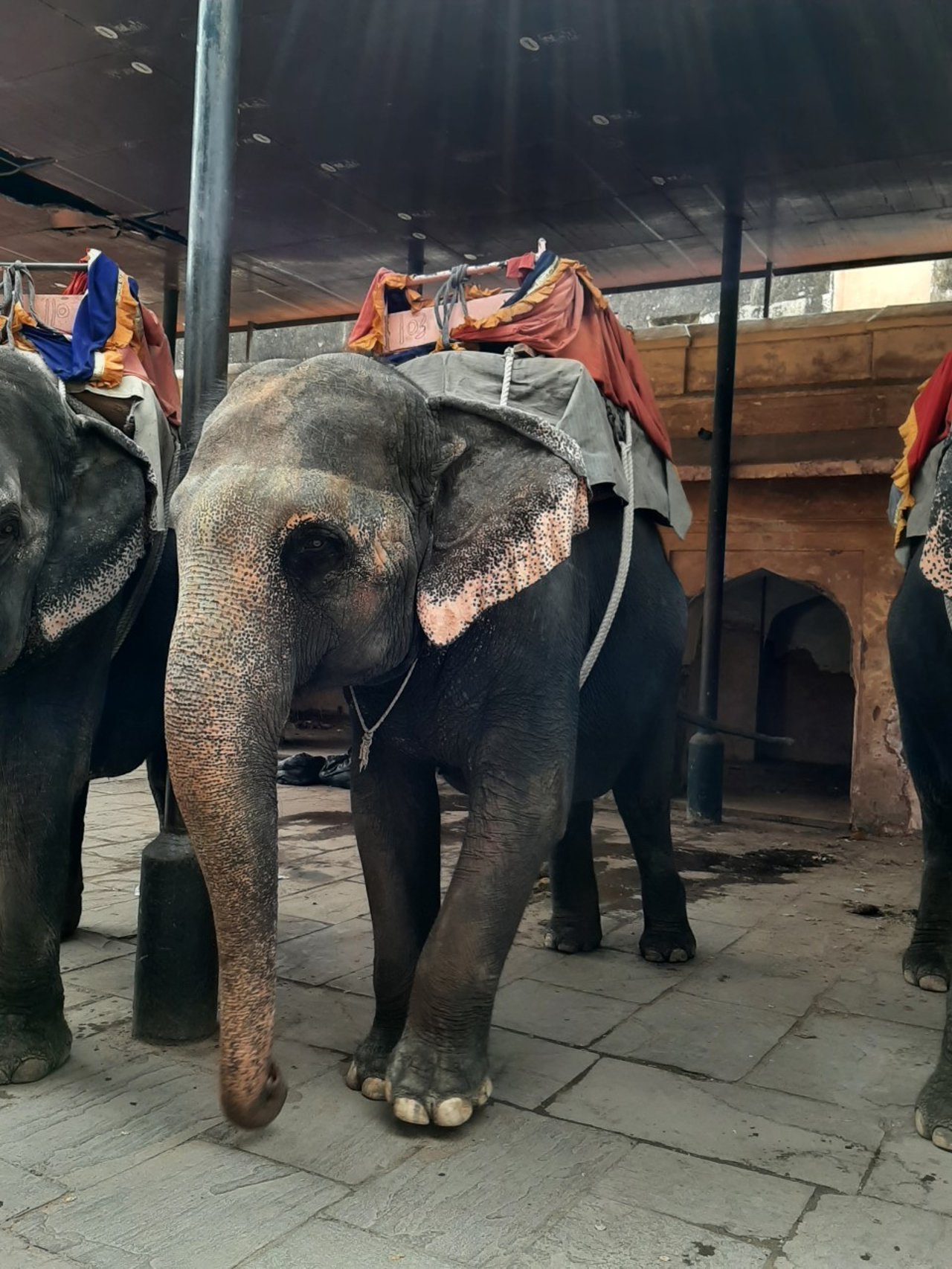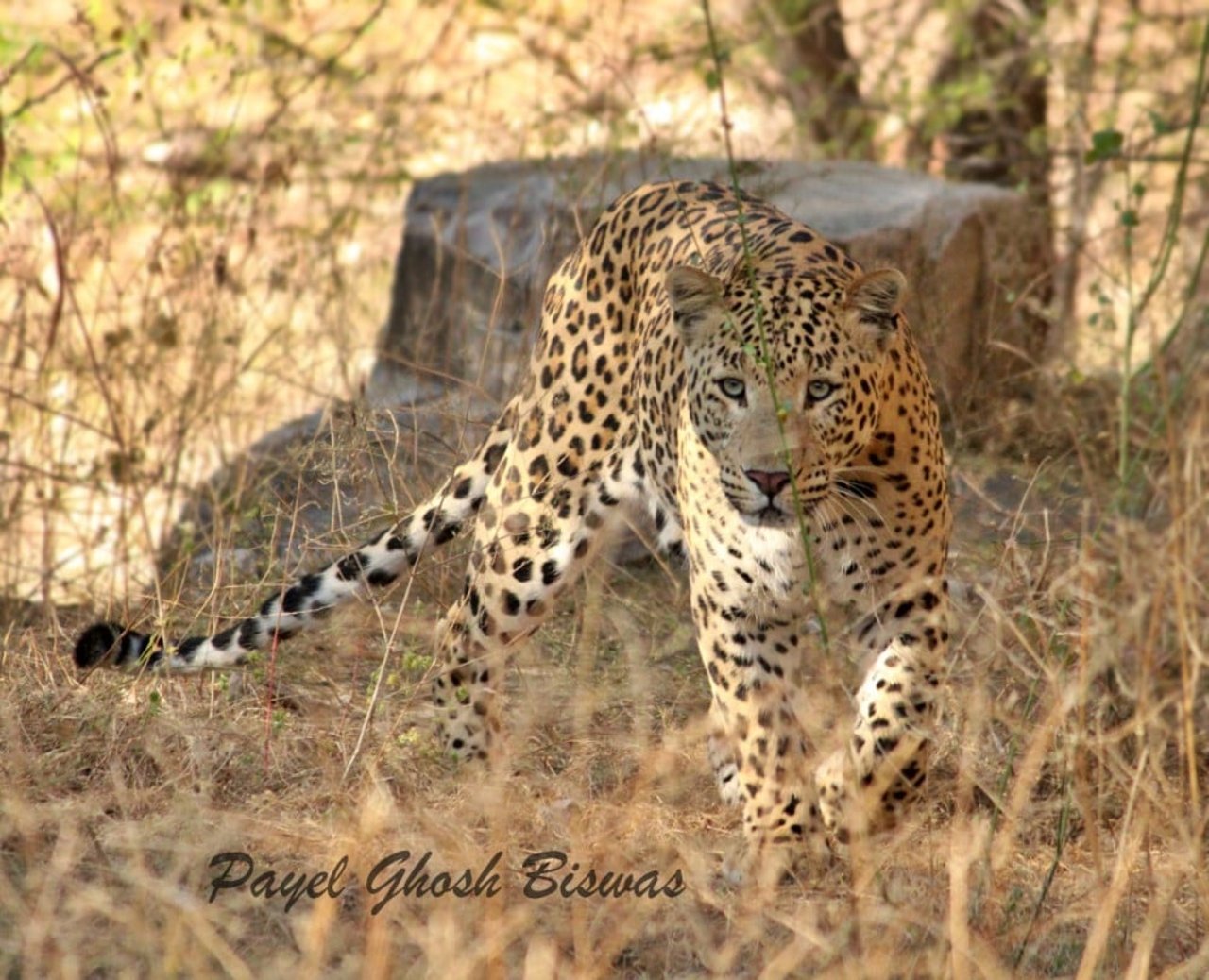
Travel companies worldwide play a crucial role in changing the demand and supply for captive wildlife experiences. While travel companies have committed towards sustainable choices for tourist experiences - that considers carbon emissions, food waste and energy; there has been no concrete commitment or plans to include animal exploitation considerations or review captive wildlife offers.
National Tourism Day-- Responsible Travel
On the occasion of National Tourism Day on 25 January 2023, as we celebrated our diversity and heritage, a new study by World Animal Protection urges travel companies and individuals to adapt to responsible travel, free of animal cruelty and suffering.
Travel companies worldwide play a crucial role in changing the demand and supply for captive wildlife experiences. While travel companies have committed towards sustainable choices for tourist experiences - that considers carbon emissions, food waste and energy; there has been no concrete commitment or plans to include animal exploitation considerations or review captive wildlife offers.
Should tour operators sell activities that cause wild animal suffering?
In a recent report by World Animal Protection, 84% of people were interviewed in the 2022 global poll who believed that tour operators should not sell activities that cause wild animal suffering. 79% of people polled, said they would prefer to see animals in the wild than in captivity if they had the chance. Tourists put their trust in wildlife entertainment venues associated with major household travel brands. Travel agencies, associations, tour operators and booking platforms promoting and selling wildlife entertainment venues lead tourists to assume such activities are acceptable, or even beneficial for wild animals, when in fact they are inhumane and cause lifelong harm to wildlife.
India -- Home to the second highest number of elephants
India is home to the second highest number of elephants used in tourism out of the countries included in World Animal Protection’s elephant tourism assessment in 2020. The assessment found that of 21 tourism venues housing over 500 elephants across India, 44% of the elephants were kept in severely inadequate conditions, 51%, were housed in medium welfare venues and just 4% lived in higher welfare conditions.
“There is a continuing growth in the number of tourists visiting natural and protected areas to see wild animals in their natural habitat which indicates there is already a global shift in demand for wildlife friendly tourism. Travelling responsibly means never including captive wildlife entertainment on the itinerary and refusing to book a holiday with such offering. We urge individuals, travel and tour operators to not promote wildlife entertainment and support sustainable travel and become more responsible towards wildlife and help stop wild animal exploitation by making a wise responsible choice”, says Gajender K Sharma, Country Director, World Animal Protection India.
What did the respondents say?
68% of respondents from World Animal Protection’s global poll said they would not travel with a tour operator or company if they promoted the use of wild animals in entertainment. This indicates that by taking a stance to protect wildlife, companies can enhance their reputation, brand identity, traveller loyalty, and revenue. This also indicates that companies not proactively moving towards wildlife friendly tourism are potentially losing business and risking their brand. The Real Responsible Traveller Guide builds on World Animal Protection’s 2020 report. commissioned by World Animal Protection and undertaken by the University of Surrey. The Real Responsible Traveller Guide independently analysed the public commitments travel companies have or haven’t made. The guide acknowledges companies that have taken positive steps for wildlife over recent years.
Companies were evaluated across four key areas:
1. Commitment: Availability and quality of published animal welfare policies and how applicable they are to all their brands.
2. Targets and performance: Availability and scope of published time bound targets and reports on progress towards meeting animal welfare commitments.
3. Changing industry supply: Availability and quality of engagement with suppliers and the overall industry, to implement wildlife-friendly changes.
4. Changing consumer demand: Availability and quality of educational animal welfare content and tools to empower consumers to make wildlife-friendly travel choices.
The elephants at Amer Fort
The elephants used for tourist rides in Amer Fort in Jaipur in Rajasthan are part of the tourism attraction package that subjects these wild animals to live in unnatural conditions and bear a life of suffering. The study by World Animal Protection urges tourists to help break this chain of demand and supply and help to enable relocate and rehabilitate these wild creatures currently used in rides, gifting them a deserving and free life devoid of silent suffering.
Elephant in stable at Amer Fort in Jaipur, Photograph by Shubhobroto Ghosh
Continuing on this theme, several runners spread the message of responsible tourism during the recently concluded Jaipur marathon on 5th February, 2023. This run was flagged off by Sonu Sood, Bollywood actor, Ranveer, MTv anchor, TV personality and key government representatives. The marathon had multiple categories for participants from varied backgrounds including professionals. Volunteers spreading the message to end elephant rides ran for six kilometers under the category of Dream Run demonstrating their support for tourism without cruelty.
There are close to three thousand Asian Elephants in captivity in India and they deserve respect as sentient beings, not as commodities to be abused by exploitative tourism. The same applies for the two African Elephants in India, Shankar in Delhi Zoo and Rambo in Mysore Zoo, who ought to be accorded the best treatment possible, including options of release or integration in captivity in the best available conditions.
A ray of hope -- Protecting the natural environment including animals
It is hoped that in 2023, as India assumes presidency of G 20 and the idea of India becoming an international tourist friendly destination takes place, the age old ethic of compassion is ingrained in tourism practices as stated in Article 51(a)(g) of the Indian Constitution that states, “It shall be the fundamental duty of every citizen of India to protect and improve the natural environment including forests, lakes, rivers and wildlife, and to have compassion for living creatures.”
Wildlife is best enjoyed in the wild. Leopard in Jhalana Leopard Reserve, Jaipur Rajasthan. Photograph by Payel Biswas
Shubhobroto Ghosh is Wildlife Research Manager of World Animal Protection and author of the book, ‘Dreaming In Calcutta and Channel Islands.’

